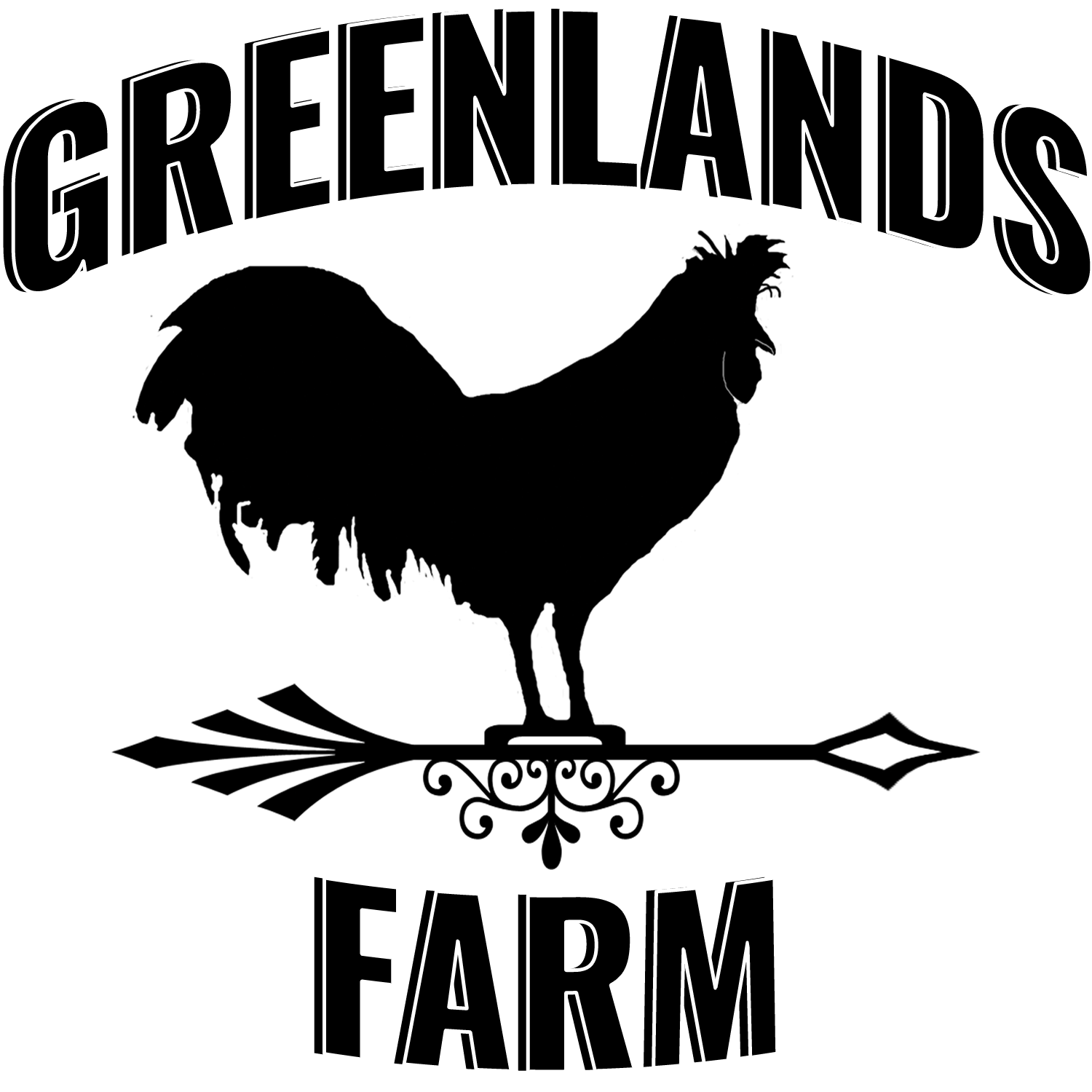THE TIPPING CUP
Organic fine tea, sold and packaged at Greenlands Farms
We have a variety of fine organic teas to choose from! We are avid tea drinkers and it shows in the quantity and quality of our tea selection, tea accessories, tea pots, and tea cups. Come in and try a cup, we always have freshly brewed tea in the store.
Tea Offerings
Brewing the Perfect Cup of Tea
Preparing tea properly is easy but you must follow a few basic guidelines. The best tea in the world can taste horrible if prepared incorrectly, and conversely a very inexpensive tea can be very satisfying if made well.
There are seven factors that affect the quality of brewed tea:
• The quality of the tea
• The quality of the water
• Correct measurement
• Correct steeping temperature
• Correct steeping time
• Allowing the tea leaf to expand fully
• Separating the leaf from the liquid at the end of the steeping process
Use the best tea that is available to you. Good tea is a bargain. A tea that costs $100.00 per pound, only costs 50 cents per cup when steeped.
When making any tea, be sure you begin with good water, it makes up over 90 % of the end product. Water quality and taste vary greatly between locales. If your water tastes really good out of the tap chances are it will make good tea. If there is any noticeable unpleasant taste in the tap water, e.g. Metallic, chlorine, earthiness etc. that taste will come through in the tea.
A simple inexpensive solution is a store bought water filter, such as Brita. Spring water can also work very well. Never use distilled water.
Always start with fresh water out of the tap, not water that has been previously boiled or has been sitting around. First, use a small amount of heated water to warm the pot before beginning to make your tea.
Then measure the correct amount of tea into the pot. A good standard guideline is 1 teaspoon per 8 oz. cup (try our "perfect teaspoon" in the store!). This refers to a measuring teaspoon, not the teaspoon in your silverware set which is usually much larger than a true measuring teaspoon. This is just a general guideline.
Different teas require different steeping temperatures. Using the wrong steeping temperature is probably the most common error people make when preparing tea. You can buy a thermometer to gauge temperature or you can look for visual clues.
Black tea generally should be made with water at a full, rolling boil, 212 degrees.
Oolong tea (also known as wulong tea) should be made with water a little bit below boiling, between 190 and 203 degrees. The water should be steaming rapidly and there should many bubbles rising in the kettle, but not really breaking the surface.
Green teas should be made with slightly cooler water, between 160 and 180 degrees. The steam should be wafting or gently swirling out of the kettle.
White teas should be made with even cooler water, anywhere from 150 to 160 degrees, when you see the very first hint of steam.
Herbal teas should typically be made with boiling water.
Different teas also require different steeping times.
Black teas steep 4-6 minutes. Darjeelings are the exception, they should be steeped 2-3 minutes.
Oolong teas (also known as wulong tea) vary dramatically and you need to experiment or follow the suggested steeping instructions on the bag. Many oolongs (wulongs) are perfect at 3-4 minutes, some need 6-8 minutes.
Green teas should typically be steeped for much less time, 2-3 minutes.
Whites teas typically should be steeped around 2 minutes, although some can be steeped much longer with good results.
Herbals typically should be steeped a minimum of 4-6 minutes, some for up to 10 minutes.
All teas require room for the leaf to expand greatly in size as it steeps. Whatever preparation method you use make sure there is enough room for the leaf to expand up to 3-5 times in size. Brewing the leaves loose in the pot and then straining works well. As do the Swiss Gold tea infusers. This is why tea balls make poor tea, there is no room in the tea ball for the leaf to expand so the flavor never gets released into the liquid.
Finally you need to separate the leaves from the liquid when the tea has steeped the proper length of time. Most teas will turn bitter if steeped too long. Using a tea infuser makes this step easy. Simply straining the brewed tea away from the leaves works well also.
Making great tea is very easy, but it does require a little bit of attention to detail.

